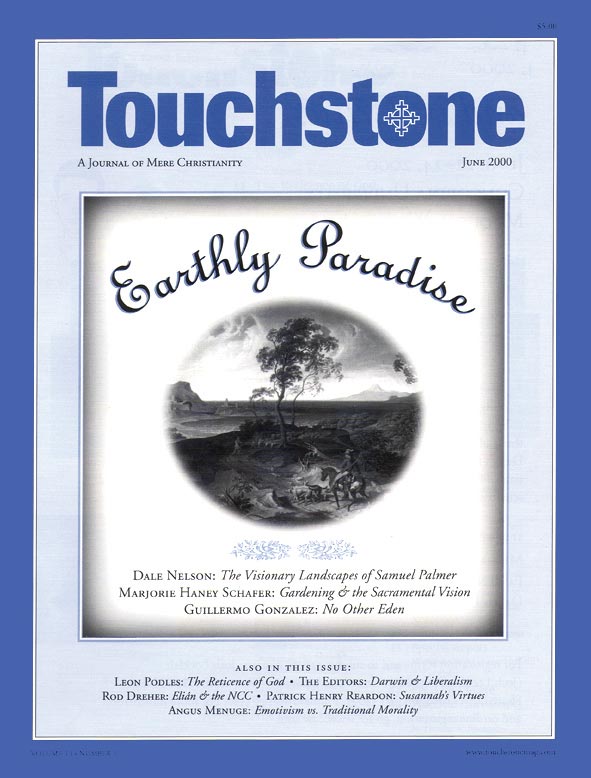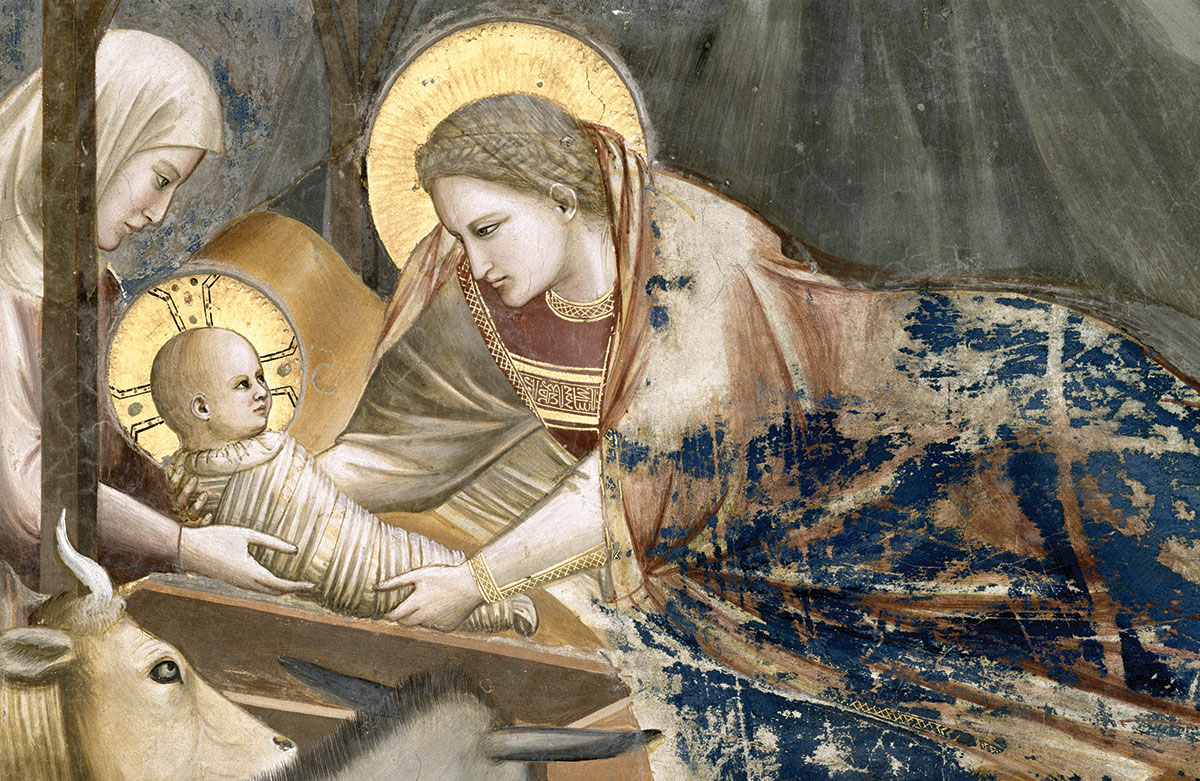Darwinism & the Liberal Cause
by James Hitchcock
A major liberal cause right now is that of defending Charles Darwin’s theory of evolution against criticism from people who claim the theory is collapsing and argue that it is necessary to posit that the universe was created by some intelligent being.
We of course believe that God created the universe, but there is no consensus as to what, exactly, the scientific evidence shows about various aspects of that process. Most scientists seem committed to evolutionism, but here and there one finds respectable scientists who are not; some also argue for intelligent design at various stages in creation. It seems difficult if not impossible for someone who is not familiar with the complexities of physics and biology to make a confident judgment on some of the issues. But there are other aspects of this renewed dispute that have been overlooked.
One is that the tables have been turned since the famous Scopes “monkey” trial of the l920s. At that time the issue was a Tennessee law forbidding the teaching of evolution in the schools, and liberals argued that they simply wanted freedom of expression.
Now, however, it is the creationists who are asking for equal time and the evolutionists who refuse to give it to them. The Supreme Court, in effect, ruled in one case that the theory of evolution is so firmly established that other theories should not be taught.
More important, Darwin’s theory of evolution fits badly with some aspects of liberal political philosophy, something that is only occasionally noticed.
It was a pre-Darwinian poet who wrote, “Nature is red in tooth and claw,” but it might have been Darwin himself, whose theory of the “survival of the fittest” claims that the law of nature is one of ruthless competition, in which some species fall by the wayside while others flourish.
One might be tempted to say, “except for the human race,” but orthodox Darwinians will not allow that exception. The logic of evolution holds that humanity is simply a highly evolved species not essentially different from what we think of as the lower orders.
But perhaps we could posit that humanity has evolved beyond the brute competitiveness of the animal world, to the point where we have discovered such things as compassion and a sense of justice. Once again, however, the evolutionists will not allow this. With increasing boldness they make the claim that the human mind is nothing more than a complex computer and will eventually be replaced by better computers. It is a dogma of evolutionism that everything about humanity can be explained in biological terms, that we have no spiritual nature.
This fits badly with political liberalism because the latter philosophy tends to be optimistic. Liberals generally have a sunny view of human nature and think that evil is the result of unjust social conditions. Thus, by a combination of education and enlightened government policy, most of the evils of the world can be cured. Most liberals seem to believe in progress—that things are getting better because of enlightened human effort.
But if the evolutionists are right, this is a sentimental illusion, a lie we tell ourselves to conceal that we are just as predatory as any other species, and cannot help being so.
In one important respect, however, many liberals are increasingly consistent evolutionists. Their view of humanity as essentially no different from the animals reinforces the steady devaluing of human life with respect to abortion, suicide, and euthanasia, along with the claim (now quite respectable) that certain kinds of animals have a higher claim on life than do certain kinds of human beings.
Evolutionary theory leads inevitably in this direction, even as it leads away from any social philosophy based on ideas like compassion and justice. It will not be possible much longer to hold these contradictions together.
James Hitchcock is Professor emeritus of History at St. Louis University in St. Louis. He and his late wife Helen have four daughters. His most recent book is the two-volume work, The Supreme Court and Religion in American Life (Princeton University Press, 2004). He is a senior editor of Touchstone.
subscription options
Order
Print/Online Subscription

Get six issues (one year) of Touchstone PLUS full online access including pdf downloads for only $39.95. That's only $3.34 per month!
Order
Online Only
Subscription

Get a one-year full-access subscription to the Touchstone online archives for only $19.95. That's only $1.66 per month!
bulk subscriptions
Order Touchstone subscriptions in bulk and save $10 per sub! Each subscription includes 6 issues of Touchstone plus full online access to touchstonemag.com—including archives, videos, and pdf downloads of recent issues for only $29.95 each! Great for churches or study groups.
Transactions will be processed on a secure server.
more on Evolution from the online archives

23.6—November/December 2010
Darwin, Design & Thomas Aquinas
The Mythical Conflict Between Thomism & Intelligent Design by Logan Paul Gage
more from the online archives
calling all readers
Please Donate
"There are magazines worth reading but few worth saving . . . Touchstone is just such a magazine."
—Alice von Hildebrand
"Here we do not concede one square millimeter of territory to falsehood, folly, contemporary sentimentality, or fashion. We speak the truth, and let God be our judge. . . . Touchstone is the one committedly Christian conservative journal."
—Anthony Esolen, Touchstone senior editor











